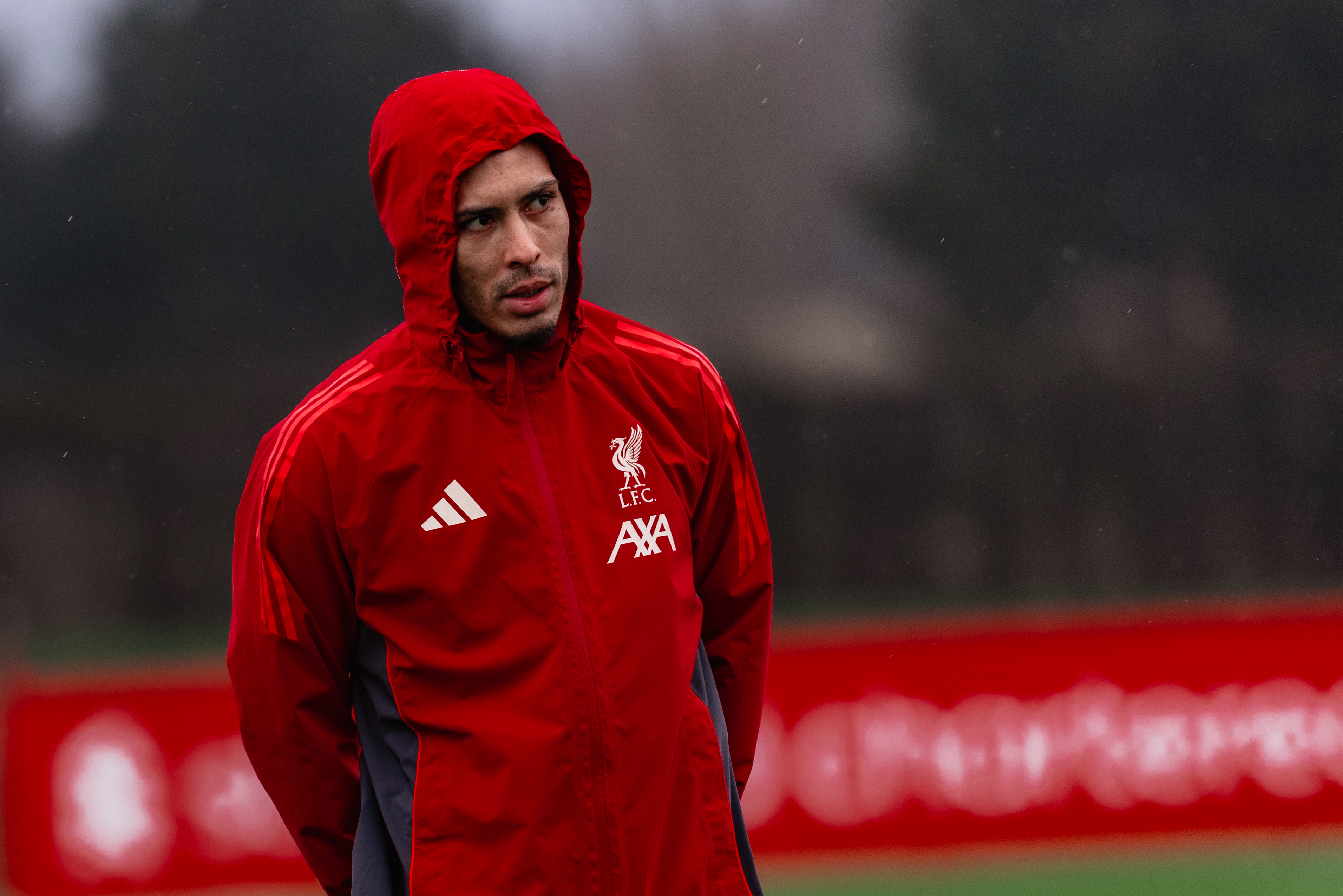English football bodies exploring ways to protect clubs in leveraged takeovers
The best features, fun and footballing quizzes, straight to your inbox every week.
You are now subscribed
Your newsletter sign-up was successful
Want to add more newsletters?

Five times a week
FourFourTwo Daily
Fantastic football content straight to your inbox! From the latest transfer news, quizzes, videos, features and interviews with the biggest names in the game, plus lots more.

Once a week
...And it’s LIVE!
Sign up to our FREE live football newsletter, tracking all of the biggest games available to watch on the device of your choice. Never miss a kick-off!
Join the club
Get full access to premium articles, exclusive features and a growing list of member rewards.
The Football Association, the Premier League and the EFL are exploring ways to ensure the debt around leveraged takeovers is structured to ensure the long-term survival of clubs.
Burnley’s accounts for the period ending July 31, 2021 revealed a significant loan repayment would be due in the event of their relegation from the Premier League, following a takeover by ALK Capital which used much of the club’s own money to complete.
The accounts stated that Burnley’s outstanding debts stood at £102million last summer, having been nil prior to the takeover.
The Glazer family also loaded debt on to Manchester United as a result of their 2005 takeover of the club.
FA chief executive Mark Bullingham, speaking generally about ownership models in football rather than any club in particular, said: “The thing to look at in future ownership structures is the way in which the debt is structured to purchase a club, and making sure there’s enough security around that, that clubs are sustainable and secure moving forward.
“So it’s less about the identity of who purchased and rather the model in which the purchase takes place.
“It is something that we and the leagues are looking at as well, to make sure that whole area is explored in any new ownership model moving forward.”
The best features, fun and footballing quizzes, straight to your inbox every week.
He said it was an issue which could also fall under the remit of the new independent regulator for English football which was referenced in the Queen’s Speech on Tuesday.
“(Leveraged buyouts) are absolutely something that will be explored. I didn’t say get rid of them completely – it’s the extent to which the buyer has leveraged that is important,” he added.
Bullingham believes the new regulator could sit “within the FA family” though not directly within the governing body itself.
“We’ve been clear that we think we can give Government a really strong argument as to how that regulator could sit alongside the FA and within the FA broader family,” he said.
“Those discussions are ongoing. I think we see the advantages that we can use some of our knowledge and we can intertwine it with the regulatory aspects that we do, but anybody would need to have a large degree of independence. So there’s a lot still to work through.”
 Join The Club
Join The Club










